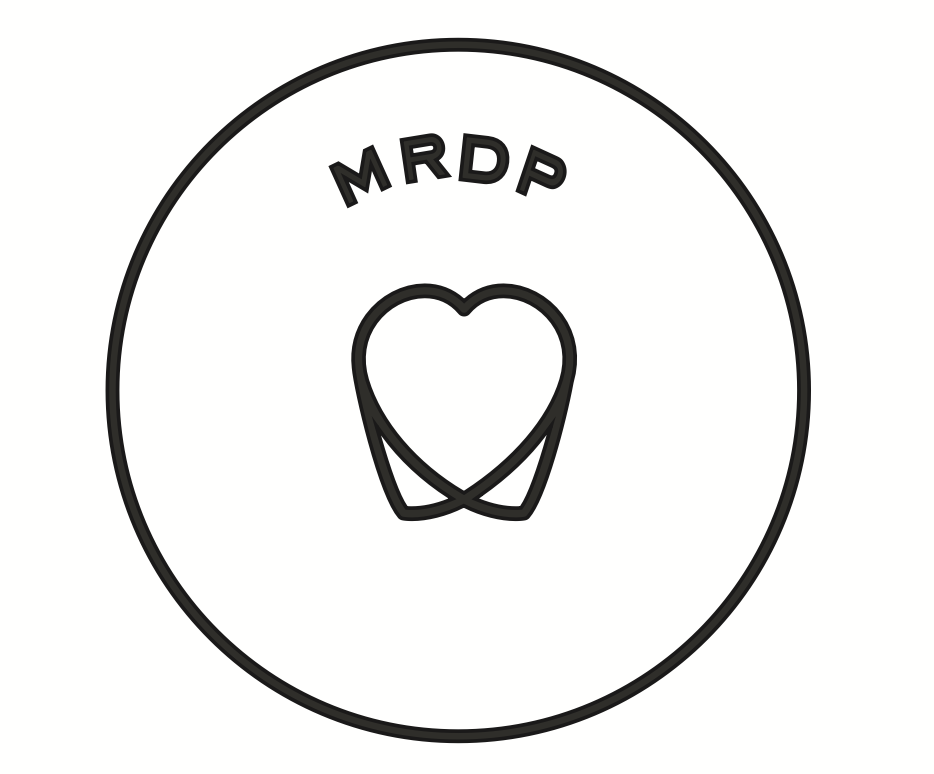What causes gum disease?
Gum disease, also known as periodontal disease, is a common condition that affects many people worldwide. It is an inflammation of the gums that can lead to tooth loss if left untreated. Gum disease is caused by a buildup of plaque, a sticky film of bacteria that forms on teeth and gums. In this article, we will discuss the causes of gum disease and what can be done to prevent it. Poor oral hygiene The most common cause of gum disease is poor oral hygiene. Failure to brush and floss regularly can lead to the buildup of plaque and tartar, which can irritate and inflame the gums. Over time, this can cause the gums to recede and pull away from the teeth, leading to pockets where bacteria can thrive and cause further damage. Smoking Smoking is a major risk factor for gum disease. It can damage the immune system and reduce blood flow to the gums, making it harder for the body to fight off infections. Smokers are also more likely to have tartar buildup on their teeth, which can contribute to gum disease. Genetics Some people may be more susceptible to gum disease due to their genetics. Certain genes can affect how the body responds to bacteria in the mouth, making some people more prone to inflammation and infection. Hormonal changes Hormonal changes, such as those that occur during pregnancy or menopause, can also increase the risk of gum disease. Changes in hormone levels can make the gums more sensitive and prone to inflammation. Medications Certain medications can also increase the risk of gum disease. For example, drugs that reduce saliva production or cause dry mouth can make it easier for bacteria to grow in the mouth. Medications that affect the immune system can also make it harder for the body to fight off infections. Health conditions Certain health conditions can also increase the risk of gum disease. For example, diabetes can affect the body’s ability to fight infections, including those in the mouth. Other conditions that can increase the risk of gum disease include HIV/AIDS, cancer, and autoimmune diseases. Preventing Gum Disease The best way to prevent gum disease is to maintain good oral hygiene. This includes brushing twice a day, flossing daily, and visiting the dentist regularly for checkups and cleanings. It is also important to avoid smoking and to eat a healthy, balanced diet. If you have a health condition or take medications that increase your risk of gum disease, be sure to talk to your dentist about additional steps you can take to protect your oral health. In conclusion, gum disease is a common condition that can lead to serious oral health problems if left untreated. Poor oral hygiene, smoking, genetics, hormonal changes, medications, and health conditions can all contribute to the development of gum disease. By maintaining good oral hygiene and taking steps to reduce your risk factors, you can protect your gums and keep your smile healthy for years to come.




